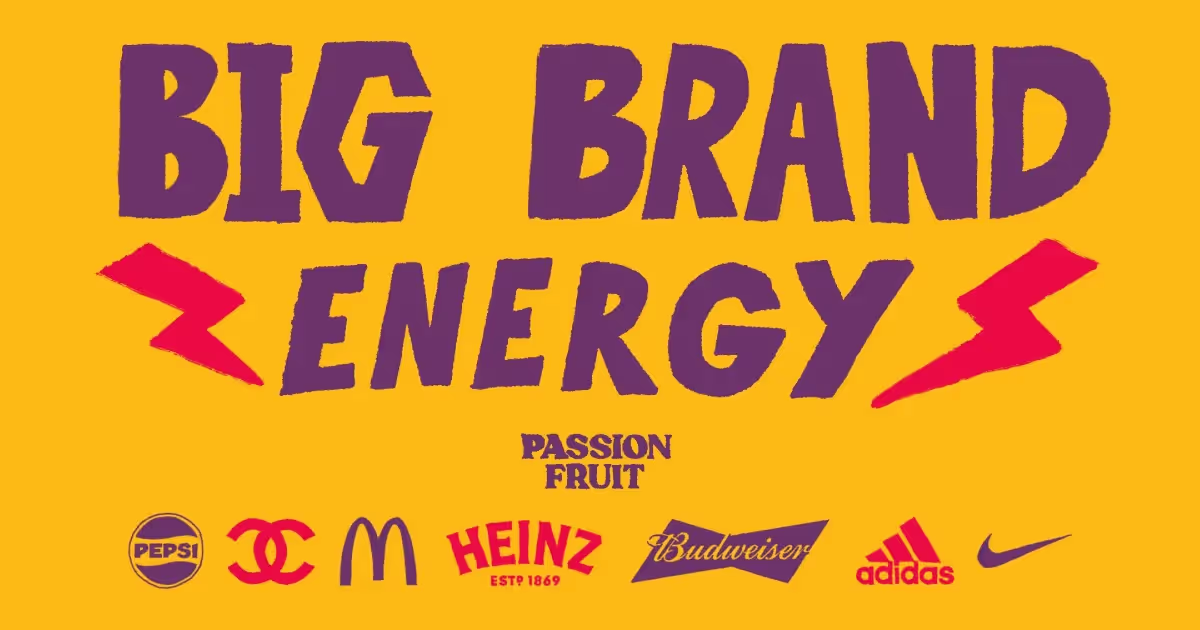This past month, much of the world soaked in the wettest July on record, causing hundreds of deaths in places as diverse as Germany, Miami and Zhengzhou. Surreal scenes of flooded tube stations flew round WhatsApp groups and in London, at least anecdotally, conversations turned from COVID to the climate emergency; that is now unfolding closer to more homes than ever before.
Meanwhile, Messrs Bezos and Branson competed over who could fulfill their childhood dreams first, by flying a rocket into space. Yes, it’s their money, and they are entitled to spend it how they please. Yes, conversely, you may argue that it’s only their money because their accountants have figured out a way to pay a marginal tax rate close to 0%, but they’ve done nothing illegal.
The greater issue here is one of empathy. Two people whose wealth would allow them to make a serious dent in the funds needed to redress the damage we’ve done to the environment - an issue that will disproportionately affect the world’s poorest people - instead have chosen to commercialise space - an opportunity that will only be available to the richest for the foreseeable future. The optics of their adventures around the solar system, while their workers worry about losing the job if they go to the bathroom, are not kind. Such cocooned interests are brought into even sharper focus as Bezos’ ex-wife, Ms Mackenzie Scott, pours a total of $8.5bn into good causes around the world in just under a year.
“Out of touch” is a phrase bandied around the political world, particularly when a politician can’t name the price of a pint of milk, but it is pertinent here. And yet it would be unfair to paint all successful business people with the same brush. In fact, it’s all the more important to celebrate the ones who are more in tune with society-at-large, to remind us that there is a different way to be wealthy.
One such example is James Timpson - managing director of Timpson, a retail group founded in the 19th century whose shops now span photography, dry cleaning, barbering and locksmiths. His new Sunday Times column is a beacon for followers of his approach to everything from employee welfare and customer happiness to supporting women as they go through menopause and recruiting directly out of prisons. Mr Timpson is determined to put himself in the shoes of others less fortunate than he is, and shape his business so that it supports those people as best it can. Timpson operates with this mission top of mind.
Crucially, and this point is often lost, when a founder like Mr Timpson behaves in this way, it can benefit a company’s bottom line. Both from a staff productivity point of view, and a demand-side, lead-generation perspective, it pays to care about people. Let’s be clear, as we discussed in a recent interview on this newsletter, this does not make Timpson a mission-driven company, it makes it a company that deservedly benefits financially from its mission to be empathetic.
There is a line of thought, known as “dollar voting”, which supposes that more people will use Timpson’s services because they support its founder’s belief set. Especially when people feel politically disenfranchised, this notion of political consumerism - individuals using spending power to reward or punish certain business behaviour - is known to be more prevalent. Mr Timpson’s Sunday Times column is, if viewed cynically, an astute, recurring piece of prominent content marketing. To be clear, there’s no reason to suggest that increasing sales is his motive for writing the column. But there’s also no doubt that it's a potential (un)intended consequence.
These types of founders, who personally believe the world should work a better way, and take action to bring that future into existence today, are a unique breed. Disproportionately they can be found in the world of venture backed startups, where individuals embark on seemingly impossible missions to overturn entire industries. Their visions are often at the edge of plausibility, but their determination inspires investors to fund them to make their visions reality. Let’s evaluate the marketing of emerging startups whose founders are evidently obsessed with their company’s vision.
Sproutl
Founders: Anni Noel-Johnson, Andy Done
Funding: $9m (Seed)
We love the sense of inclusivity behind their vision of making gardening work for everyone: “Who cares if you’ve never picked up a trowel before? This is gardening made easy. All you need to do is plant something.” You can feel Anni’s passion in an interview like this one, where her personal experience of struggling to garden at her new flat, which was at the root of the company’s inception, shines through.
Given the backing from Index and Ada Ventures, it’s no surprise that this isn’t just a passion project, but a potential unicorn business. Sproutl’s mission to connect traditionally bricks and mortar, often family-run garden centres and nurseries, with a new group of digitally native gardeners, is compelling for the marketplace model. We’re even more pleased to see her choice of content marketing and SEO as the company’s growth engine. The SEO-optimised “jargon buster” on their website and their video series which takes us behind the stories of their supplies is gold standard early startup marketing.
As they scale, the harder side of this marketplace to crack will be the supply-side, and table stakes for success in that space will be integrating themselves meaningfully into the horticultural community of each market. It’s a tall order, and it’s why they’ve got Chief Creative Officer Hollie Newton on board; author of bestseller “How To Grow”. We’re excited to see her approach to events, partnerships and even white-labelling some of Sproutl’s own supply.
Cuckoo
Founder: Alexander Fitzgerald
Funding: £6m (Seed)
Plainspoken and determined, Alexander believes that “that decent internet access should be a human right.” After the past eighteen months, with digital now at the heart of how most services (healthcare, banking, shopping etc) operate, it’s increasingly hard to argue with him. From the “join the flock” messaging, you already know what the brand strategy is here. This is a textbook challenger brand, with a lighthouse identity (one with an intense, emotionally-based point of view about how the world can work better) a la Monzo, Oatly and Bulb, encouraging consumers to become part of their new world.
From a marketing perspective, it’s no surprise to see a referral program operating akin to those now hugely successful businesses. But as they move from near-totally organic growth with £500k in funding, to £6m in funding and the need to grow bigger and faster, it’s time to put some proper growth engines in place. Obviously there’s going to be some performance marketing involved, and with Tabath Curry, ex-Brainlabs, they’ll have the best possible chance of success in this space. But we’d encourage Cuckoo to think bigger and double down on their brand and generate tribal network effects, rather than just getting into an inevitably high-CAC battle for certain keywords. SEO and therefore high-authority backlinks a.k.a PR is going to be critical. We’d encourage them to think about what problems they might be solving by making decent internet access available to everyone, and how to creatively manifest those in a way that generates press. This podcast wouldn’t be the worst place to start this thought process, and this is another example which was beautifully executed from our favourite people at Liquid Death.
Perci Health
Founders: Kelly McCabe, Morgan Fitzsimons
Funding: £1.5m (Seed)
Kelly and Morgan are intent on reducing the pain of living with and surviving cancer. With backing from leading oncologists and other senior members of the medical community, their business has the seal of approval from those who know this space inside out. A mission of supporting people feeling “abandoned” after primary cancer treatment through bespoke treatment options and evidence-based care is an enormously important one. From personal family and anecdotal experience, this is sadly all-too-real a reality for many. But, rightly or wrongly, even the most morally important products don’t come with an automatic right to distribution.
To succeed in bringing this new world into existence, they’ll need to figure out how to get their offer in front of customers efficiently. We can imagine paid search being a critical channel for Perci - as it delivers high-intent customers actively looking for help. Even better, if they can establish enough trust with early adopters, hearing their stories through the kind of emotionally-driven content marketing that you might find on Yeti’s YouTube is a recipe for viral videos that can succeed in generating qualified leads from the tightly-knit online cancer communities that exist all over the world.
Mind Labs
Founders: Adnan Ebrahim, Gabor Szedlak
Funding: £1.4m (Pre-Seed)
Adnan and Gabor have seen the good side of this new always-on, digital world; with their last startup Car Throttle gaining 12 million followers across all channels and 500 million monthly video views with clients including Mercedes-Benz, Red Bull and eBay. But, with their most recent startup, they’re proving that they’re aware of its negative side too.
It’s an intriguing proposition on the surface: the “world’s first live mental health platform”. Digging a little deeper and you’ll find an equally well thought through app-based offering of live classes designed to help reduce anxiety, depression, loneliness and many other illnesses. What’s special is the ability for users to “track progress using a range of sensors, including EEG, the app aims to help them rewire their minds through neuroplasticity, enabling strengthening of the neural pathways associated with being in a calm mental state.”
Even with a neat idea, distributing an app is hard because you have to obsess over acquisition and retention in equal measure. Getting downloads is an uphill battle, getting uninstalls is par for the course, with nearly ⅓ deleted after 30 days. Apps are where marketing becomes as close to a science as anywhere else. ASO strategy, variation experiments, A/B testing, D1-D7 retention rates - these are the nuts and bolts of turning a good idea into a successful app. What’s most critical as a lubricant to growth here is product marketing: every word, phrase and concept needs to be written to perfection. This is why, even at its most scientific, marketing always retains its status as an art form.







